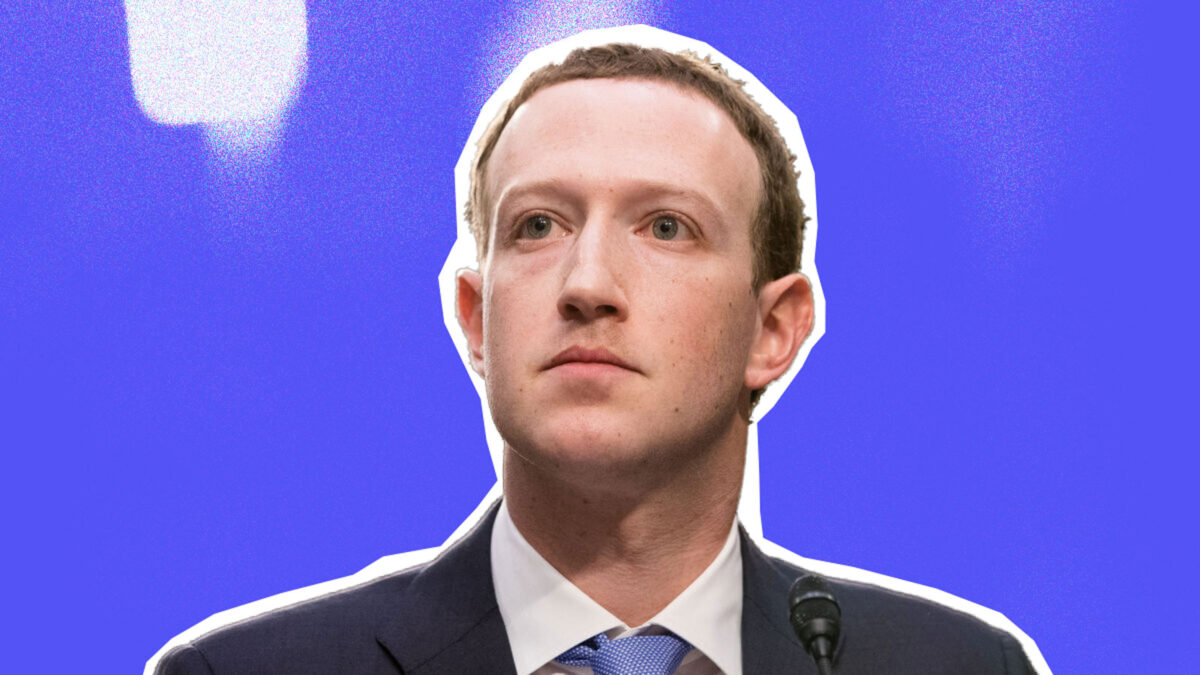Mark Zuckerberg, the CEO of Meta Platforms Inc, the conglomerate that owns Facebook, Instagram and WhatsApp, has announced some 11,000 employees are set to be axed from the company. But, while unfortunate for those affected, Zuck did at least admit he done f***ed up.
Claiming a fall in revenue to a changing market as being the main reason for the lay-offs at Meta, Mark Zuckerberg has publicly acknowledged he is the one responsible, saying “I got this wrong,” according to Bloomberg.
And, while it’s perhaps not surprising that Zuck himself has resigned as CEO, we feel that accepting fault and holding his hands up is something all business owners can learn from.
Of course, Meta isn’t the only huge technology company to lay-off staff in the past week or so (here’s looking at you, Elon) but rather than take the ruthless route the Tesla-founder appears to have taken at Twitter, Mark Zuckerberg has held his hands up.
Yahoo Finance adds Zuckerberg said in a statement on Wednesday 9th November, “I want to take accountability for these decisions and for how we got here,”
“I know this is tough for everyone, and I’m especially sorry to those impacted.”
It’s also claimed that various restructuring processes will begin to occur at Meta, such as moving to desk-sharing. The lay-offs are said to be necessary due to a fall in revenue, primarily from digital ads (the company’s main source of income). Zuck added in his statement that he’d “anticipated the surge in e-commerce and web traffic from the beginning of the Covid-19 lockdowns would be part of a permanent acceleration,” Yahoo Finance says.
“But the macroeconomic downturn, increased competition, and ads signal loss have caused our revenue to be much lower than expected. I got this wrong.”
Industry analysts say that one of the chief reasons among this fall in digital ad revenue is due to new software updates, particularly those ported to Apple iPhones, which prevent digital advertisers from pushing personalised ads to your social media feeds.
In an Instagram post on Bloomberg’s Business Week account, announcing the news, many users have been quick to comment, and their views are divisive. One of the most-liked comments sings praise for Zuckerberg’s admission, “Admitting fault is a sign of a great leader.”
Although others have replied to this in disdain, “Get off your knees, John,” and “Admitting fault is a sign that you’re an adult, not a great leader.”
Mark Zuckerberg has also been investing billions – Spiked cites sources as saying it currently stands at $36 billion – into what he considered to be the next generation of communication, the Metaverse; a digital world that is accessed via virtual reality headsets. But so far, Metaverse has failed to live up to Zuck’s lofty expectations, and it’s even been claimed Meta’s own staff hate using it.
Other users commenting on the Business Week Instagram post cite this as another reason for the high number of job cuts.
“No he just tried to change the entire business to something that isn’t even proven to work or will even be popular which is the metaverse.”
“Yes he got it wrong but a big part of this was the stupid decision to change the business at its core and yes the economy had an effect but a large part of this is because he made this stupid change to meta.”
While others think Mark’s admission and honesty don’t mean s**t.
“Sorry to say but this has become a trend now. Employees pay the price for decisions taken by the ceo and they casually tell sorry as if it’s they are the ones getting fired.”
It harks back to another CEO, Braden Wallake, who got roasted on LinkedIn after he posted an image of himself crying, accompanying an announcement that his company, HyperSocial, also had to lay-off some of its staff and who also took the blame.
Thousands of comments were posted on Braden’s post, many of which were negative, claiming Braden wasn’t taking enough accountability, wasn’t offering enough help to the fired employees and was simply just looking for sympathy from his fellow LinkedIn users.
Perhaps the response to Mark Zuckerberg’s admission could have been a whole lot worse had he shed a few tears?
Read Next
